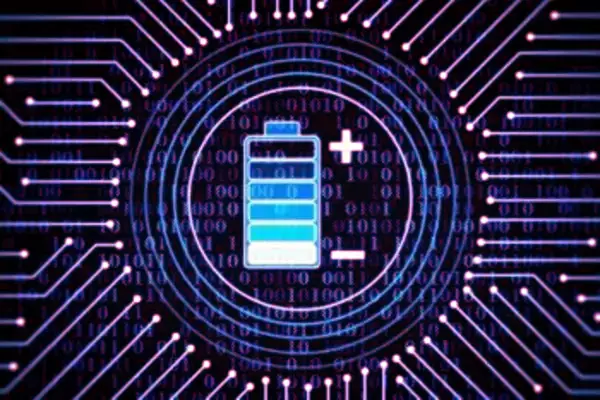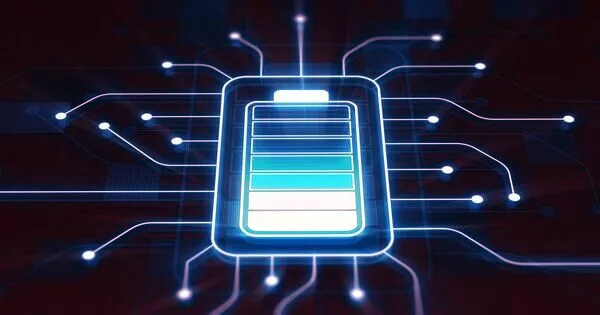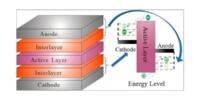Scientists have solved a problem that has baffled chemists and physicists for years, potentially ushering in a new era of powerful, efficient, and environmentally friendly technologies.
Scientists at the University of Queensland have solved a problem that has baffled chemists and physicists for years, potentially ushering in a new era of powerful, efficient, and environmentally friendly technologies. Professor Ben Powell of UQ’s School of Mathematics and Physics discovered a ‘recipe’ for room-temperature molecular switches using quantum mechanics.
“Switches are materials that can switch between two or more states, such as on and off or 0 and 1, and are the foundation of all digital technologies,” Professor Powell explained. “This discovery paves the way for smaller, more powerful, and energy-efficient technologies.” Batteries will last longer, and computers will run faster.”
Switches are materials that can switch between two or more states, such as on and off or 0 and 1, and are the foundation of all digital technologies. This discovery paves the way for smaller, more powerful, and energy-efficient technologies. Batteries will last longer, and computers will run faster.
Professor Ben Powell
Until now, molecular switching was only possible when the molecules were extremely cold – at temperatures below minus 250 degrees Celsius. “From an engineering standpoint, this is a major issue,” Professor Powell said. “By following this detailed’recipe,’ chemists should be able to make molecular switches work at room temperature.”
“This will pave the way for a slew of technological advances, such as improved MRI scans, which could lead to earlier detection of diseases like cancer. These materials can also be used for sensors, carbon capture and storage, hydrogen fuel cells, and actuators, which can convert electricity into movement, which is useful for robots. All of these applications require materials that can be switched at or above room temperature, which is why our discovery is so significant. Using these materials will also reduce the environmental impact because computer energy use will be reduced, assisting in the fight against climate change.”

“All current computer device technologies are, in fact, constrained by the speed of electron motion.” This limitation is rather fundamental, because the fastest possible speed for information transmission is, of course, the speed of light, and the speed of an electron is already a significant fraction of this. Where we hope to see future improvements is not so much in the speed of computer devices as it is in the speed of computation. These may appear to be the same thing at first, until you realize that the number of computer device operations required to perform a computation is determined by something else—namely, an algorithm.
Electronic computers are constrained not only by the speed of electrons in matter, but also by the increasing density of interconnections required to connect electronic gates on microchips. For more than 40 years, electrical engineers and physicists have been working on analog and digital optical computing technologies in which information is carried primarily by photons rather than electrons. In theory, optical computing could result in much faster computer speeds. Much progress has been made, and optical signal processors are now being used successfully in applications such as synthetic aperture radars, optical pattern recognition, optical image processing, fingerprint enhancement, and optical spectrum analyzers.
UQ researchers will be collaborating with chemists at the University of Sydney and University of New South Wales, to make new materials to test the new ‘recipe’.
















